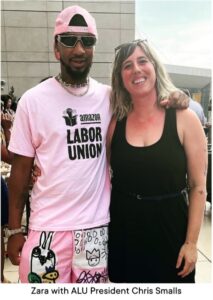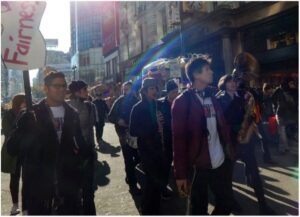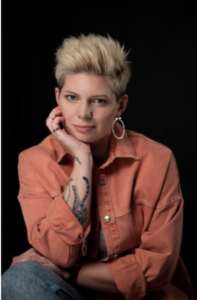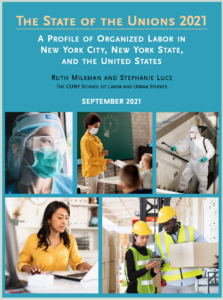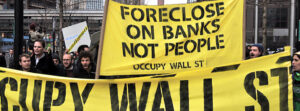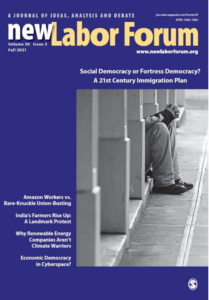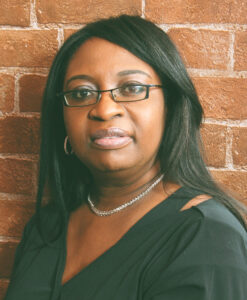
The Joseph S. Murphy Scholarship for Diversity in Labor program is designed to foster diverse leadership in the labor movement and in the academic discipline of labor studies. Students from underrepresented populations interested in seeking an M.A. in Labor Studies, or a B.A. in Urban and Community studies with a concentration in labor, are encouraged to apply. Recipients of the award receive up to $30,000 for graduate study, or up to $20,000 for undergraduate study.
Meet our 2022 Recipients
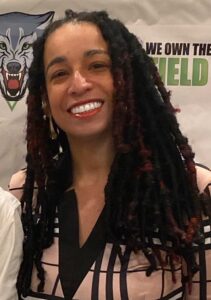 Yadhira Alvarez
Yadhira Alvarez
Yadhira Alvarez embodies the characteristics and qualities essential for building a strong and dynamic labor movement – from the bottom up! She has experienced first-hand the interconnection between a powerful labor movement and strong communities. Yadhira has made a profound impact on her union, as an organizer and Chief of Staff of the Laundry, Distribution and Food Service Joint Board, Workers United, SEIU.
Her union work has brought her to areas as diverse as homecare, industrial laundries, hospitals, warehouses, and the public sector. As a lead contract negotiator, she has fought to win significant increases in wages and benefits for members, as well as large sums for workers improperly fired after COVID-19 exposures.
At SLU, Yadhira, who will be entering the M.A. in Labor Studies program this coming fall, is interested in exploring new tools and strategies for organizing, to create a much stronger labor movement in New York! She’s especially interested in discovering tools to combat divisions that employers create at work, based on class, race, ethnicity, or job classifications.
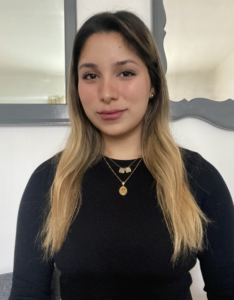 Camilla Chavarria Duarte
Camilla Chavarria Duarte
Camila Chavarria Duarte spent much of her time at New York University examining how society creates and uses concepts of the “other” to divide, control, and alienate people from themselves and one another, starting from our earliest years and continuing into our lives as working and social adults.
Camila attended NYU’s Gallatin School of Individualized Study with a concentration in Critical Theory and Visual Culture. While at NYU, Camila was selected for the Americas Scholars Program, an honors program that brings together high-achieving students interested in matters related to the Americas.
At SLU, Camila, who will be pursuing her M.A. in Labor Studies, hopes to develop a “thorough understanding of how labor operates in the United States today, how it is shaped and how workers come to exist only as their labor, and not as full beings.”
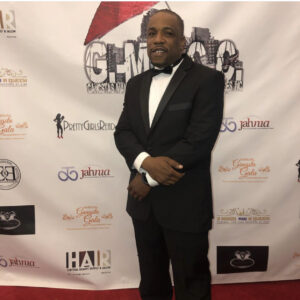 Rashaun Donovan
Rashaun Donovan
Rashaun Donovan is a Credible Messenger on a mission to help realize changes in his community, South Jamaica, Queens. He has completed the CUNY SLU Community Leadership Certificate program, where he learned about community organizing, coalition building, and how to build a 501c3 non-profit organization. Now, with this opportunity to continue toward his B.A. in Urban and Community Studies, Rashaun looks forward to digging deeper into the issues he cares about. He especially wants to see more programs that help the formerly incarcerated return successfully to their communities.
Futher, Rashaun looks forward to doing research on the impact of gun violence on perpetrators and victims. He feels strongly that an education at SLU, combined with his real-world experience in the field, will help him realize a goal: creating and building a Cure Violence Site that would promote public safety and community health in the neighborhood where he grew up.
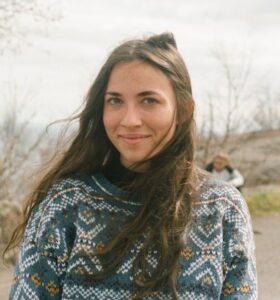 Hannah Faris
Hannah Faris
Hannah Faris comes from a rural Wisconsin union family and was deeply influenced by witnessing the state’s attacks on public-sector unions. She is dedicated to using the skills she has developed in the area of media arts and journalism to further investigate and confront the formidable challenges faced by labor and immigrant communities.
Hannah excelled as an undergraduate at Columbia College, Chicago. After graduation, Hannah became deeply involved in community organizing with the Council on American-Islamic Relations. She assisted low-income and predominantly Arab and South Asian immigrant communities on issues such as employment, housing, and mutual aid resources during COVID-19.
At CUNY SLU, as she pursues of her M.A. in Labor Studies, Hannah is excited to expand her knowledge and writing on labor, and is particularly interested in examining the ways that workers are building power and community in non-traditional workplaces and industries, such as agriculture and the gig economy, as well as in right to work states.
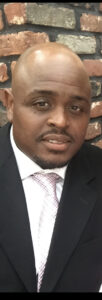 Infinite George
Infinite George
Infinite has worked 21 years in construction, 14 as a member of Laborers Local 79, the largest LIUNA local in North America. Prior to joining Local 79, he worked non-union jobs, unsure of what to do about workplace problems he encountered. “I was a scab laborer being exploited and working in unsafe conditions. Once I got into the union, I learned, I took the organizing and construction education classes offered, and I vowed to help others in that position. I’m a regular at rallies, meetings, and I work to convince fellow members of the importance of participation in the union – and how the lack of participation directly affects their livelihood.”
Infinite plans to continue his work as a union Shop Steward, especially helping workers who are easily taken advantage of and are willing to perform cheap labor in order to survive or stay out of jail. He is confident that the B.A. degree he is pursuing at CUNY SLU, with classes in labor, organizing, and collective bargaining, will strengthen his “tools” as he continues his mission of helping workers, and building the union he is so proud of.
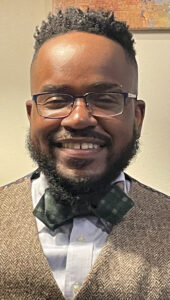 Herby Phanord
Herby Phanord
After obtaining an Associate’s Degree in Fine Arts, Herby decided to put his academic pursuits on hold to dedicate his time and energy to raising a family. More than a decade later, he has reached a point in his life where all of the focus and attention that he put into parenting is finally starting to pay off. He found himself thinking more passionately about returning to school and finally earning his Bachelor’s degree.
Herby Phanord is, as he describes, “a city government employee, a laborer, and the son of immigrants,” who didn’t think he had what it took to be awarded a Joseph S. Murphy Scholarship for Diversity in Labor. He is now part of our 9th cohort of Diversity Scholarship awardees, and will use this award to complete his BA in Urban and Community Studies at CUNY SLU.
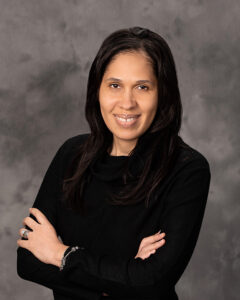 Lisa Pinkard-Adams
Lisa Pinkard-Adams
Lisa Pinkard-Adams has never been shy about volunteering to solve problems she sees. When she noticed that a well-known local politician didn’t have any signs up in her community, she just called him up and jumped in to help! He appreciated her talents, and soon offered her a job as his Central Islip campaign manager. Lisa has found great satisfaction through the political process of connecting with members of her community, especially people who have been historically underrepresented and didn’t believe they had the power to effect change.
Lisa’s varied background has prepared her to be the effective leader she is today, representing union members for the Professional Employees Federation (PEF). At Fordham University, she majored in Legal Studies, and earned a Masters in Social Work, concentrating in Policy, Leadership and Not-for-Profit Management.
Lisa, who will in fall 2022 begin SLU’s M.A. in Labor Studies program, firmly believes that building “people” is the biggest part of building “community,” and she is forever committed to educating all those she encounters on the importance of education, civic engagement and the possibilities of collaborative change.
